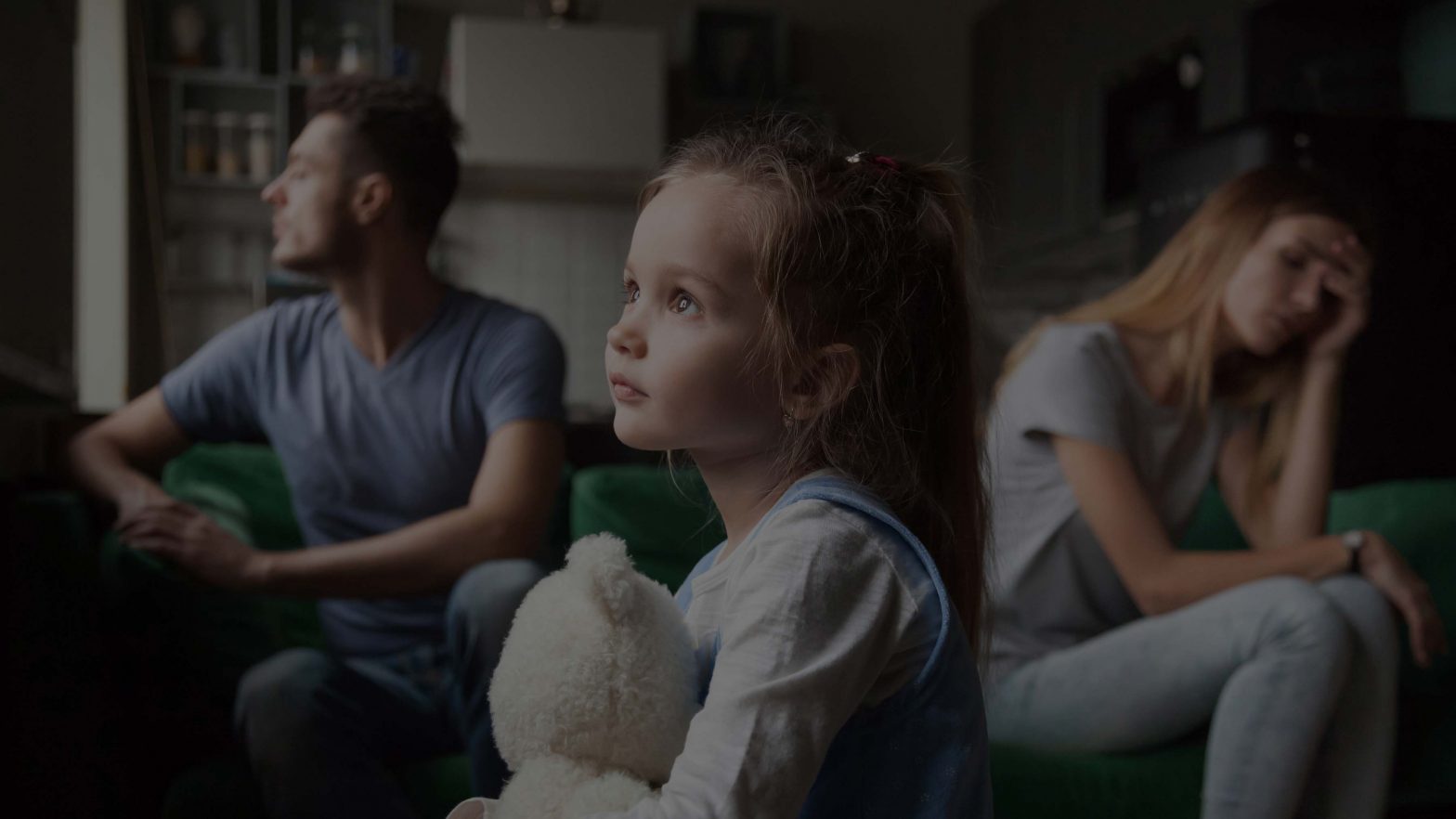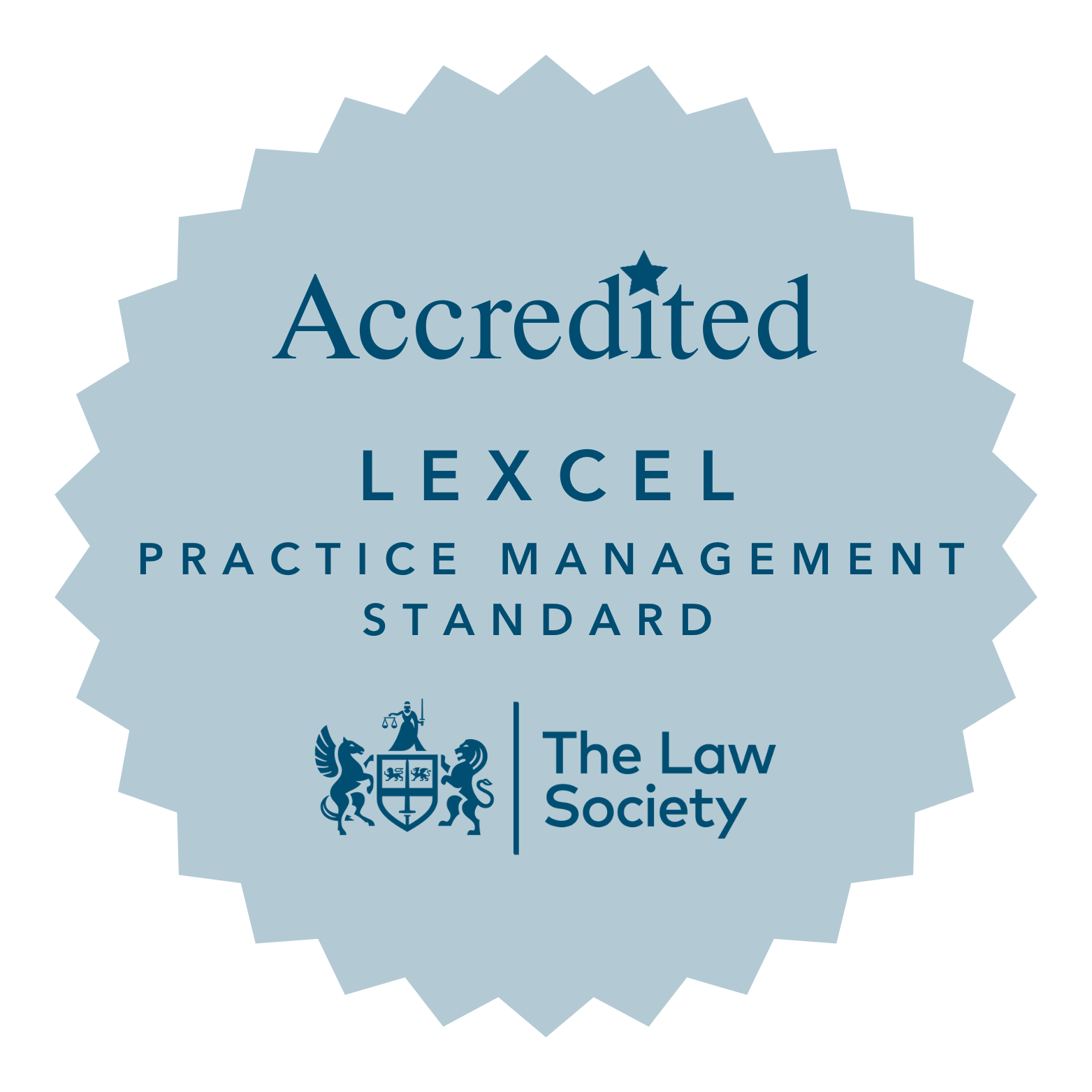Separated parents – A child’s perspective

In situations where a child or young person is unable to live with one or both of their parents, the arrangements for the child or young person to spend time with the non-resident parent can often be a source of conflict.
As far as the Courts are concerned, the paramount consideration in its decisions is the child’s welfare and it is generally presumed that it is in a child’s best interests to have involvement from both parents in their lives, unless there is a very good reason why this is not so.
All too often, disagreements over contact or who the child or young person should live can seem like a colossal pitched battle between the adults, with neither side gaining ground and no obvious end in sight.
The children or young people central to such disputes can become uncertain and anxious themselves about what to say or do, not wanting to seem unsupportive or in disagreement with either parent for fear of upsetting them or hurting their feelings. This in turn can result in great feelings of pressure upon young people, who feel caught in the middle of a parental dispute that they have no control of, feeling unable to express their views for fear of the consequences and feeling that it is somehow all their fault and wrong to say what they really think about it all.
Although it is the grown-ups who are actively involved in the proceedings, it must be remembered that it is the child or young person who is the central concern. It’s all about them, not the grown-ups.
In these situations it can be enlightening for parents to take a step back and consider how their dispute may be impacting upon their child.
The Family Justice Young People’s Board (whose members are children and young people with experience of family law proceedings) have put together a helpful list of top tips for parents who have separated, to help them think about matters from their child’s perspective. Sometimes another perspective can be key to finding solutions to what seem like impossible difficulties. The helpful guidance can be found here: www.cafcass.gov.uk/download/13466
If the above sounds familiar to you, please contact the Family Team at Askews Legal LLP and we can see how we can help you sort out any difficulties.









